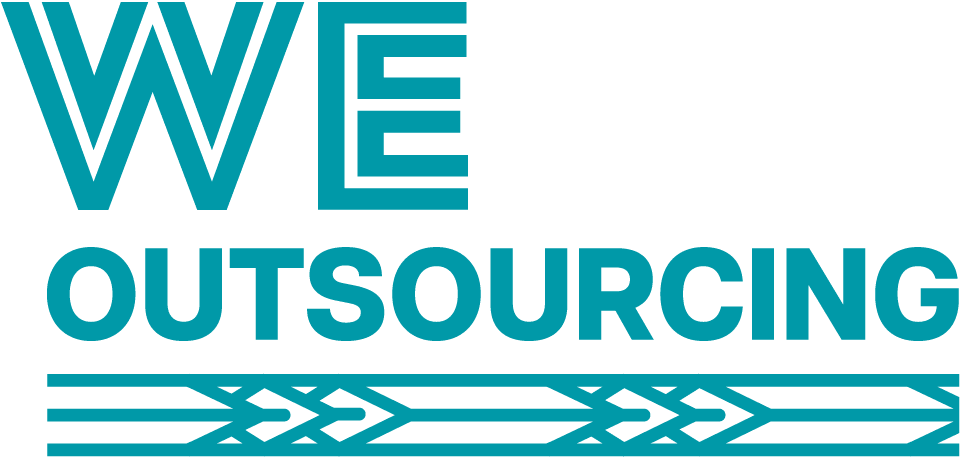As New Zealand's economy feels the pressure, small and medium businesses are facing both higher costs and lower sales. Staying resilient through a recession is tough but achievable with the right strategies. Here are some Practical Steps to Lower Expenses to help keep your business running strong:
1. Trim Operational Costs
Take a close look at your expenses. Are there non-essential costs that can be reduced? For example, review utility bills, renegotiate lease terms, and cut back on any overhead where possible. Even small changes can make a big difference.
2. Consider Strategic Outsourcing
Outsourcing non-core tasks—like accounting, IT, and marketing—can reduce overhead without sacrificing quality. Bringing in remote or contractual experts allows you to scale smartly, getting the expertise you need while keeping costs low.
3. Embrace Technology and Automation
Automating repetitive tasks is key to efficiency. Software tools for inventory management, CRM, or cloud-based accounting can help reduce errors and free up resources for high-value work.
4. Negotiate with Suppliers
If times are tough for you, they’re likely tough for your suppliers too. Reach out to see if you can renegotiate terms, discounts, or flexible payment schedules.
5. Optimise Marketing for High Impact
Instead of cutting marketing altogether, focus on what works best. Digital marketing can often be more measurable and cost-effective than traditional methods. Reallocate your budget to what directly drives sales and brings measurable returns.
6. Implement Lean Inventory Practices
Shift towards a “just-in-time” approach if possible, reducing excess stock and focusing on items that sell consistently. This approach helps avoid cash flow strain and maximises returns on your inventory.
7. Focus on Cash Flow
Cash flow is your lifeline. Create a forecast to understand your financial picture weekly or monthly. Offer early-payment incentives to speed up cash flow, and stay on top of outstanding invoices to avoid gaps in incoming funds.
8. Stay on Top of Financials
Regular financial check-ins allow you to adjust quickly. In times like these, it’s essential to know where you stand and make adjustments in real-time to protect your business.
Weathering the Economic Storm
A recession calls for agility, smart decision-making, and a focus on what matters most. Use these strategies to stay lean, nimble, and ready to seize opportunities as they arise. In tough times, resilience and adaptability are your greatest assets. Utilise these Practical Steps to Lower Expenses














